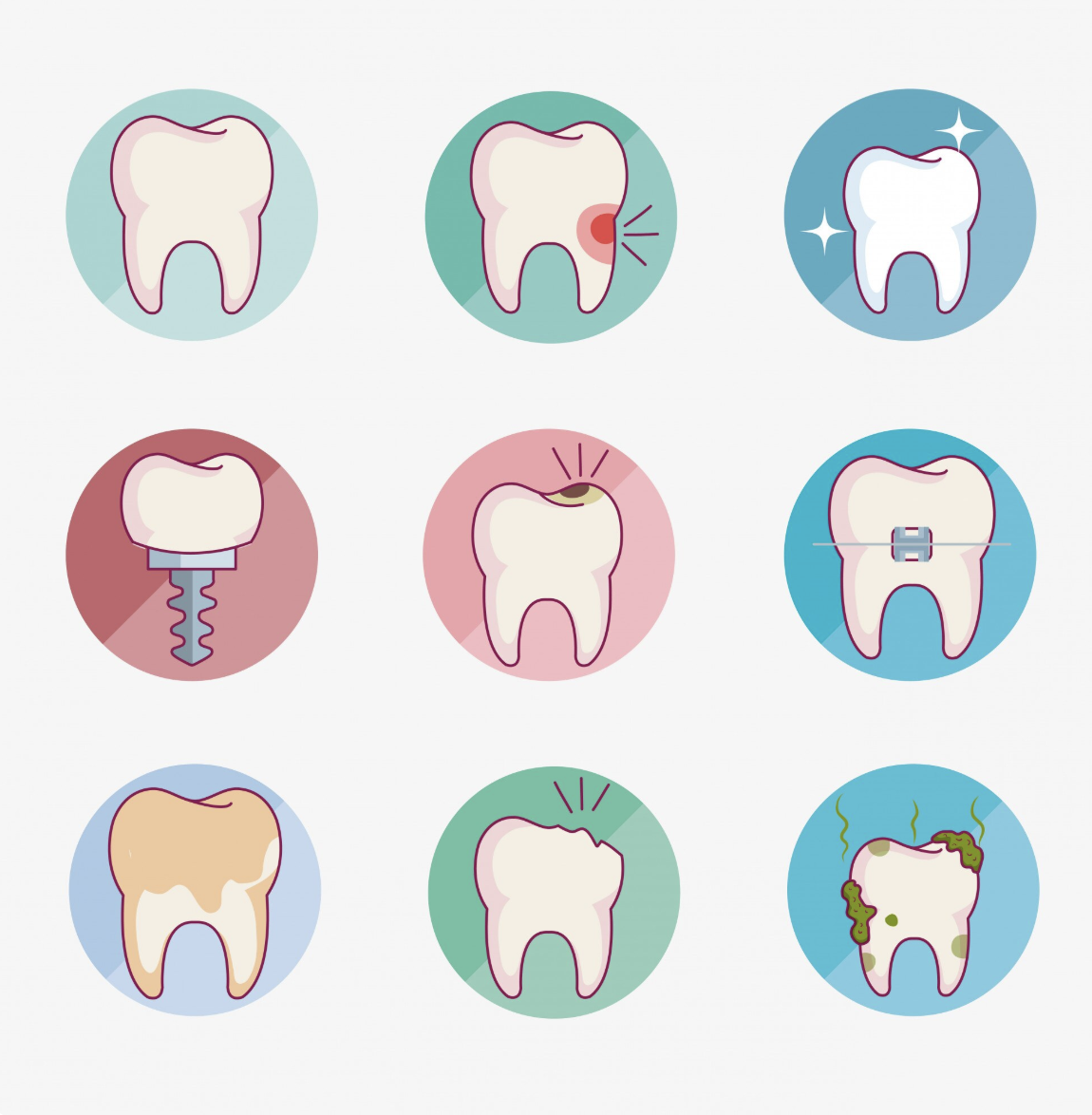
Preparing for the Prometric Dental Exam—whether for Saudi Arabia (SCFHS), UAE (DHA/MOH), Qatar (QCHP), or Oman—can be overwhelming. Many candidates work hard, but still fail because they fall into avoidable traps.
This post uncovers the top 10 mistakes dentists make while preparing for the Prometric exam and offers actionable advice to help you study smarter and pass on your first attempt.
The Prometric exam is clinical-based, not purely theoretical. Many candidates memorize textbooks but struggle with case scenarios. Fix it: Practice with MCQs based on clinical cases and diagnostic reasoning. Use books like Dr. Manoharan and Mosby’s Review for NBDE Part II.
Some students study everything they can find, wasting time on low-priority topics not included in the actual exam syllabus. Fix it: Download the official syllabus from the health authority (SCFHS, DHA, etc.) and study only the relevant subjects.
Candidates often take practice MCQs casually, without timing themselves—then struggle to finish the real exam. Fix it: Simulate real exams with 100–150 timed questions. Practice completing the test in 2 hours to build speed and endurance.
Many dentists panic and try to use every book and video course available, leading to confusion and burnout. Fix it: Stick to 2–3 high-yield resources. Quality over quantity. Focus on mastering those materials instead of collecting more.
Just answering questions isn’t enough—you must review explanations to understand why an answer is right or wrong. Fix it: For every practice test, spend time reviewing your mistakes. This is where real learning happens.
Without a clear study schedule, many candidates procrastinate or skip topics. Fix it: Create a weekly plan (e.g., Mondays for Endo, Tuesdays for Perio, etc.) and include daily MCQ practice + revision slots.
Some students spend weeks on low-yield topics like anatomy while ignoring important areas like pharmacology, oral pathology, and ethics. Fix it: Prioritize high-yield subjects based on past recalls and feedback from other candidates.
Some dentists focus only on studying and forget to apply early enough—then can’t find a test date or get delayed due to Dataflow. Fix it: Start the licensing process early, even while you’re still studying. Complete your Dataflow verification as soon as possible.
Studying alone can make you feel isolated, unmotivated, and unsure about your progress. Fix it: Join Telegram or WhatsApp study groups, share resources, and ask for feedback. Group study boosts accountability.
Some think the exam will be easy and “just MCQs,” and they delay serious preparation—only to regret it later. Fix it: Respect the exam. Allocate at least 2–3 months of structured prep if you’re working; more if you’re out of touch with clinical practice.
● Take a mock exam every 2 weeks. ● Stick to a revision schedule. ● Practice reading questions quickly and carefully. ● Don’t study passively—take notes and quiz yourself.
🚫 1. Focusing Only on Theory, Not Clinical Questions
The Prometric exam is clinical-based, not purely theoretical. Many candidates memorize textbooks but struggle with case scenarios. Fix it: Practice with MCQs based on clinical cases and diagnostic reasoning. Use books like Dr. Manoharan and Mosby’s Review for NBDE Part II.
🚫 2. Not Reviewing the Official Syllabus
Some students study everything they can find, wasting time on low-priority topics not included in the actual exam syllabus. Fix it: Download the official syllabus from the health authority (SCFHS, DHA, etc.) and study only the relevant subjects.
🚫 3. Ignoring Time Management During Practice
Candidates often take practice MCQs casually, without timing themselves—then struggle to finish the real exam. Fix it: Simulate real exams with 100–150 timed questions. Practice completing the test in 2 hours to build speed and endurance.
🚫 4. Using Too Many Study Resources at Once
Many dentists panic and try to use every book and video course available, leading to confusion and burnout. Fix it: Stick to 2–3 high-yield resources. Quality over quantity. Focus on mastering those materials instead of collecting more.
🚫 5. Skipping MCQ Review and Explanation
Just answering questions isn’t enough—you must review explanations to understand why an answer is right or wrong. Fix it: For every practice test, spend time reviewing your mistakes. This is where real learning happens.
🚫 6. Not Having a Study Plan
Without a clear study schedule, many candidates procrastinate or skip topics. Fix it: Create a weekly plan (e.g., Mondays for Endo, Tuesdays for Perio, etc.) and include daily MCQ practice + revision slots.
🚫 7. Neglecting High-Yield Subjects
Some students spend weeks on low-yield topics like anatomy while ignoring important areas like pharmacology, oral pathology, and ethics. Fix it: Prioritize high-yield subjects based on past recalls and feedback from other candidates.
🚫 8. Delaying Application or Missing Deadlines
Some dentists focus only on studying and forget to apply early enough—then can’t find a test date or get delayed due to Dataflow. Fix it: Start the licensing process early, even while you’re still studying. Complete your Dataflow verification as soon as possible.
🚫 9. Studying Alone Without Peer Support
Studying alone can make you feel isolated, unmotivated, and unsure about your progress. Fix it: Join Telegram or WhatsApp study groups, share resources, and ask for feedback. Group study boosts accountability.
🚫 10. Underestimating the Exam
Some think the exam will be easy and “just MCQs,” and they delay serious preparation—only to regret it later. Fix it: Respect the exam. Allocate at least 2–3 months of structured prep if you’re working; more if you’re out of touch with clinical practice.
✅ Bonus Tips for Success
● Take a mock exam every 2 weeks. ● Stick to a revision schedule. ● Practice reading questions quickly and carefully. ● Don’t study passively—take notes and quiz yourself.
📌 Final Thoughts
The Prometric Dental Exam isn’t just about hard work—it’s about smart, focused preparation. By avoiding these common mistakes, you can dramatically increase your chances of passing on the first attempt. 🎯 Stay confident, stay consistent, and remember—you’re closer than you think.


